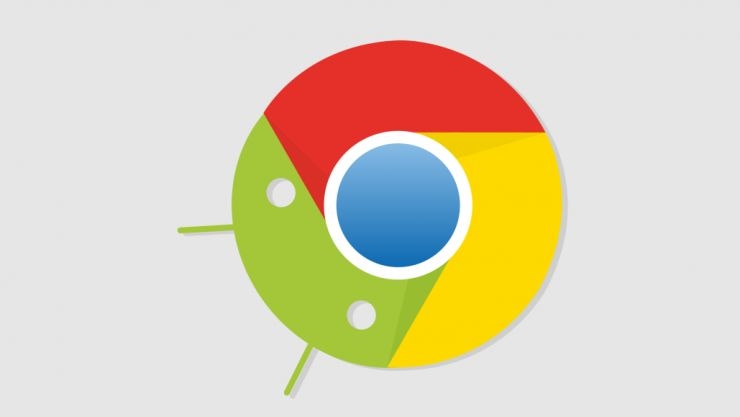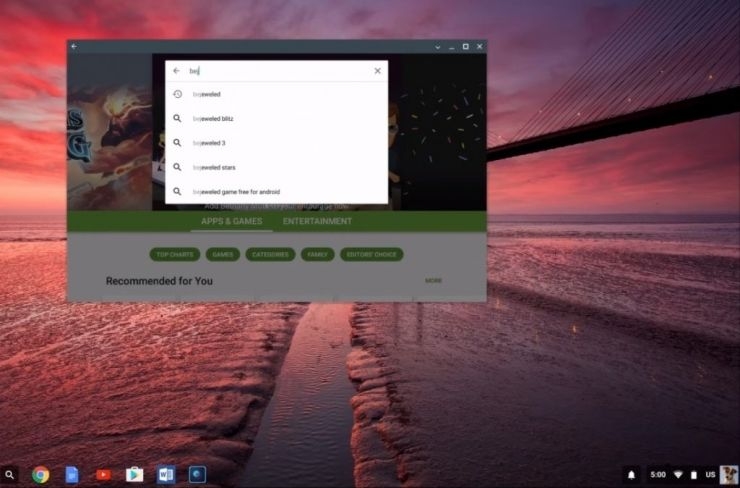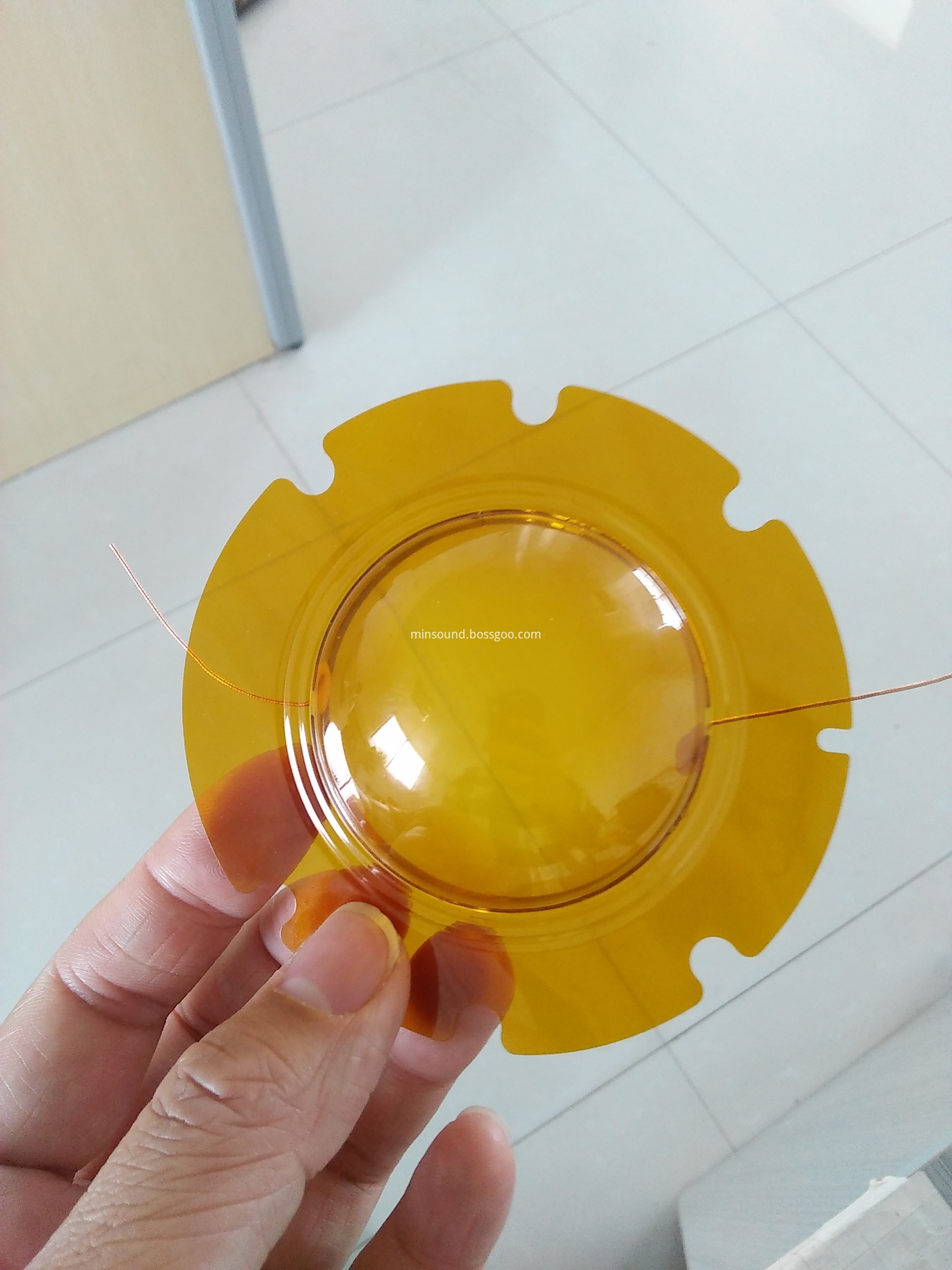Recently, media reports said that Google is developing a cross-platform operating system called "Fuchsia". According to reports, Fuchsia not only supports 32-bit/64-bit ARM-based CPUs, but also supports 64-bit PCs. Currently, Fuchsia's source code is hosted on the GitHub platform. Google is full of mystery to describe the project as: "Pink + Purple == Fuchsia (a new Operating System)". At the same time, there is also a Fuchsia homepage on Google Source. According to reports, unlike Google's previous operating systems, such as Chrome OS or Android based Linux kernel development, Fuchsia is a full-platform operating system that uses Magenta as its kernel. As the key core, Magenta is based on the LK commercial embedded kernel. It adds multi-process management, multi-level user management, asynchronous object processing, security management, and rights management to the LK kernel to make it become A "all-round" operating system kernel that is compatible with embedded devices, smart phones, and PCs. In addition, Fuchsia developed the user interface using the Flutter project, using Dart as the main programming language. Although Fuchsia is still in its early stages, Travis Geiselbrecht and Brian Swetland are both from Android, and the Dart language and Flutter interface framework comes from the Chrome team, plus it can support both PC and mobile platform CPUs, and the industry has always been Rumors that Google intends to unify Chrome OS and Android in 2017, so most industry analysts believe that the core goal of Fuchsia is to formally open up PCs and mobile platforms. If you can open up the two platforms, it will have a positive impact on both Google itself and developers. On the one hand, the merger will greatly simplify the future work of developers, because they only need to be responsible for a single platform. On the other hand, the merger will also help simplify Google's marketing strategy and departmental mix. Therefore, thanks to these positive influences, Google actually has a long history of integrating mobile platforms and PC-based operating systems. As early as 2009, Google co-founder Sergey Brin once said: "With time, Android and Chrome OS will eventually merge." Since 2013, Google’s internal Chrome and Android divisions have started to report to Sundar Pichai, the senior vice president responsible for Android, Chrome and Apps. In addition, at the Global Developers Conference held in June 2014, Google also announced a plan for application developers that would make it easier to transfer Android applications to programs running on the Chrome platform. At the I/O conference in May this year, Google once again announced: "The Google Play Store will soon be accessing Chrome OS." And in the following June, Google officially released a 23-minute video on YouTube, dedicated to demonstrate the Google Play app store and some Android applications running on Chrome OS. In November 2015, according to a Wall Street Journal report, Google will combine the two operating systems into one in 2017, and this is true. Immediately afterwards, Google denied the rumors in the official blog. Google said: "The Chrome system, which values ​​networking, is still popular in the education and office markets, and the company plans to continue to upgrade it. Including updating the 'Material Design' user interface and adding a new media player." Google also said it plans to release more Chromebooks in the future. Although there is such a "people's mind to appease," but from the perspective of Google's various behaviors, standing on a more long-term perspective, the Chrome OS or will eventually be a certain degree of integration with Android. According to foreign media analysis, the merger of the two may not be completely swallowed by Android as the public imagines Chrome OS, or vice versa, but will take Android, Chrome OS and the combination of the two after the new system, three-line parallel strategy. First, as PC prices continue to fall, many low-cost Windows laptops are killing the ChromeBook's only competitive advantage. Second, as the market share of Android devices continues to rise, more and more people are using these Android devices for 24 hours. All ChromeBook applications are based on the cloud, leaving nothing to do with the cloud. Obviously, integrating the features of Chrome OS into a more convenient Android is a good thing. But it is undeniable that Chrome OS has a long-term impact on Windows, not short-term. In the future, with the development of the Internet, high-speed and widespread broadband networks will be ubiquitous, and cloud computing technology will become more and more mature. Almost only one interface will be local, and a more concise and convenient ChromeBook will be available only then. Become the darling of new markets. On the other hand, Chrome OS is indeed very hot in the US market, Google apparently will not easily give up this piece of fat. According to a report from Futuresource Consulting, in 2015, Chromebook’s educational market share was 49% higher, easily defeating Apple’s iPad. In May this year, the latest data from market research firm IDC showed that Chromebook shipments in the United States for the first time surpassed the Mac. Today, plus the Fuchsia operating system that has been exposed for a few days, Google’s exploration on the road to cross-platform consolidation seems never to stop. However, as an ordinary user, what is the name of the system, or divided into several platforms is actually not important, we need only a unified, smooth and convenient user experience.
We provide many kinds of Polymeric Diaphragm to meet the different needs of different customers, they are widely used in Hi-Fi speakers,professional audio,horn speakers,car speakers and other high-end products.
We are experienced in manufacturing and have strong capability.
Our products are popular in many countries and areas.
We have professional acoustical testing systems and instruments.
We promise to offer you highest quality and best service! Polymeric Diaphragm,Voice Coil Diaphragm Replacement,Polyester Diaphragm,Polyimide Diaphragm,Polymer Diaphragm Taixing Minsheng Electronic Co.,Ltd. , https://www.ms-speakers.com


